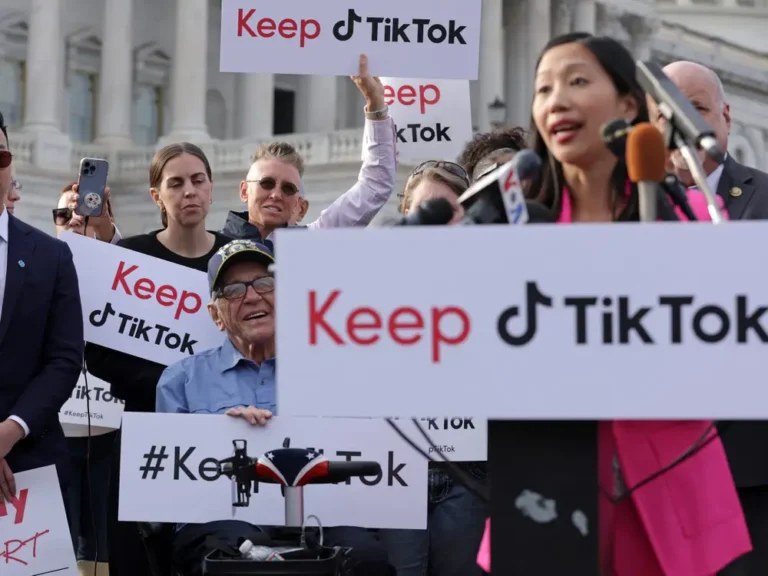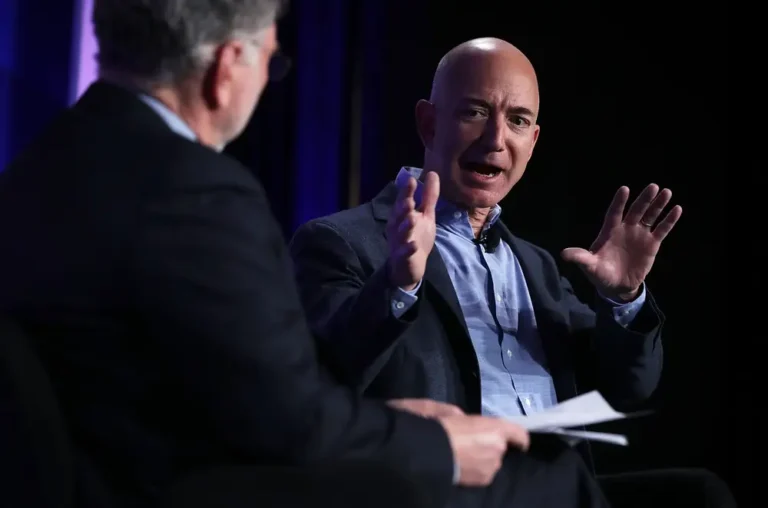Gwyneth Paltrow’s Goop is cutting 18% of staff as it scrambles to change strategy

Gwyneth Paltrow launched Goop as a newsletter in 2008. Now it’s once again pivoting — and reportedly laying off 18% of its staff.
Goop, Gwyneth Paltrow’s blog/lifestyle brand/beauty company/vitamin retailer/etc., launched 16 years ago, spurring copycat celebrity brands and products like the infamous orgasm candle.
But despite its outsize place in the cultural conversation, Goop has struggled to define itself over the past decade and a half, and it looks like it’s still having trouble.
Goop is cutting 18% of its 216-person staff, citing a change to its organization, WWD reported on Thursday. It’ll focus on beauty, fashion, and food — specifically its Goop Beauty and Good Clean Goop beauty brands, its G. Label clothing line, and Goop Kitchen restaurants.
That means it’s moving away from wellness, home, travel, and sexual wellness, some of which are categories that once defined the brand.
Goop started out as a newsletter of Paltrow’s favorite things before becoming a website and then a mini-empire.
Ten years into its run, in 2018, it raised $50 million in a Series C round; it has raised a total of $134.5 million and was last valued at $433 million in 2020, per PitchBook. At the time, it was largely a media and e-commerce company, shilling alternative health products like jade vaginal eggs as well as its own line of supplements, signing deals with media giants like Condé Nast, and hosting summits that could cost thousands of dollars to attend.
Throughout its many iterations, it also had a Netflix series, a line of home goods, and its own publishing imprint.
Recently, it has doubled down on beauty and food.
Over the summer, Goop opened its first store to offer in-store treatments. Last year, it launched Good Clean Goop, a lower-priced line of skincare that can be found in Target and on Amazon. (An exfoliator from the brand costs $20, while one from Goop Beauty costs $125.)
Puck reported in June that the lower-priced line was in the “‘bottom 15’ at Target.” Neil Saunders, a managing director at GlobalDatal Retail, told B-17 that while being in Target had increased the brand’s exposure, “more needs to be done by Goop to really cut through, especially with younger consumers.”
Goop Kitchen — a ghost kitchen, or delivery-only restaurant — was founded in 2021. It has several locations in Southern California and recently raised $15 million from investors like Travis Kalanick, the Uber cofounder and CloudKitchens CEO, at a $105 million valuation, according to PitchBook.
Goop’s many pivots have not been without internal turmoil. In 2021, B-17 reported that at least 140 employees, including executives, had left the company over two years, with some saying they felt underpaid.
“Leadership training is where I’d be spending all my time,” a former employee told B-17 at the time. “Sometimes, when you have founders who are also CEOs, that passion can be a blind spot.”
While the brand has had three CEOs since its inception, Paltrow has been its chief executive since 2017.
The brand told WWD that its revenue was up last year over 2022 and was on track to increase again this year, though it didn’t provide any numbers.
Goop did not respond to a request for comment from B-17.






